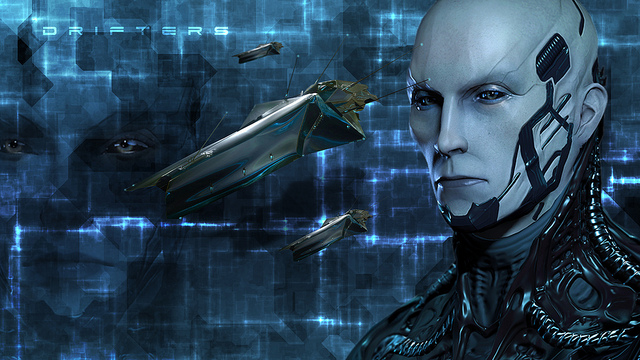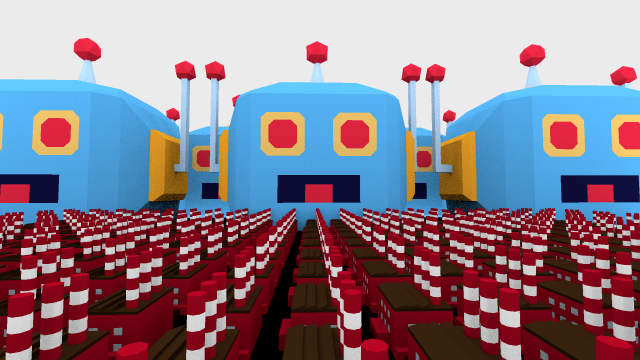
How games shine a light on human behavior
Originally posted on The Horizons Tracker.
It’s easy to think of games as being largely frivolous affairs, but even when games are ‘merely’ used for fun, there is still much we can learn from them.
For instance, a team from the University of Melbourne have been analyzing the MMO space game EVE Online. The game is interesting because it is so unstructured, with precious few rules to govern how to play, or even what winning looks like.
The game offers a harsh landscape whereby players are given the ultimate punishment should they fail, with no reset option presenting the very real prospect of a huge amount of work being wiped out in an instance.
The analysis has formed the bulk of what is believed to be the first book to explore what life is like in the EVE world.
High stakes
The high stakes nature of the game creates an interesting environment whereby players form alliances, both online and offline. Indeed, there was even an instance of real-world sabotage to hamper an online rival. Some of these alliances number tens of thousands of players.
The flow of influence is not purely from offline to online, but also the other way, with the Russia-Ukraine conflict having an impact on the way players from those nations behaved in the game.
“EVE Online shows that negative things can be part of the attraction of playing games—that ‘play’ can involve struggling to survive in a hard, ruthless, and high-stakes world. People will question how it can be fun to be stolen from, to be lied to, and to be victimized. But for EVE players it is fun, and that is really interesting,” the authors say.
They believe that this desire for more serious outcomes from our gaming open the door for the use of games for purposes that extend beyond the frivolous, whether that’s supporting good health or professional development.
The way our social relationships (warts and all) transfer into the digital world is also an interesting finding, and the importance of trust in the game really brought that to the fore.
The extremely social nature of the game also prompts players to sharpen their skills, even if some of those are in the darker arts of deception.
All of which can hopefully provide some interesting insights into how we can use games both in real world environments and in slightly more serious contexts.
“By studying games like EVE that are on the boundary of what games can be, we can appreciate that the space for games is wider than what we may initially have anticipated,” the authors conclude.
Article source: How games shine a light on human behavior.
Image source: Drifter Wallpaper Eve Online by Bryan Ward is licensed by CC BY 2.0.






